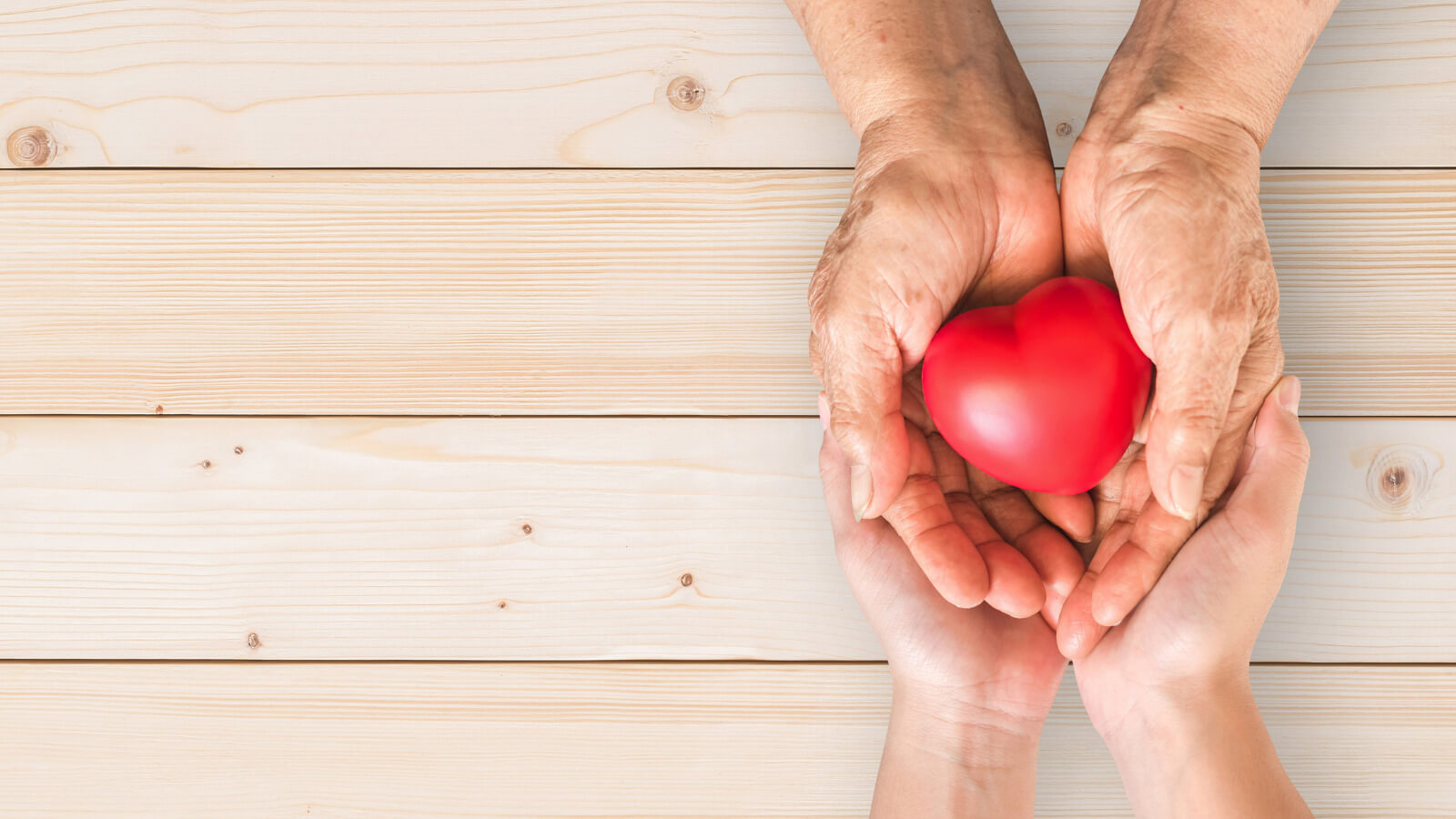
Mindfulness for Caregivers: Balancing Self-Care and Loved One Support
I was invited to write a guest blog for my friend Pat on her website that focuses on helping caregivers. She asked me to talk about the connection between mindfulness and how incorporating mindful practices during a caregiver day. Let me know your thoughts!
Caring for a loved one can be both a rewarding and challenging experience. As a caregiver, it’s essential to strike a balance between providing care and ensuring your own well-being. One effective way to achieve this balance is by incorporating mindfulness practices into your daily routine. Mindfulness can help you stay present, manage stress, and cultivate self-compassion while caring for your loved one.
When I started practicing mindfulness, I didn’t actually realize that was what I was doing. I was searching for a way to reduce my stress while increasing my ongoing sense of calm. I searched for everything that might help me and discovered that I was seeking mindfulness along the way.
Understanding and practicing mindfulness allows you to maintain a more grounded and focused demeanor in challenging situations. By incorporating mindfulness techniques into your caregiving tasks, you’ll be more equipped to manage stress and prevent caregiver burnout. Moreover, by integrating self-care into your schedule, you’ll be better prepared to provide care and support for your loved one.
Understanding Mindfulness As A Caregiver

As a caregiver, it’s essential to take care of yourself as well as your loved one. Practicing mindfulness can greatly benefit both you and the person you’re caring for. It’s important to understand what mindfulness is and how it can help you.
Mindfulness is the practice of being present and fully aware of your thoughts, emotions, and sensations without judgment. It allows you to observe your thoughts and feelings as they arise and let them pass without getting caught up in them.
Incorporate mindfulness into your daily routines, such as while you’re brushing your teeth, doing the dishes or even while you’re caregiving. This will help you stay more present and attentive in both your self-care and care for your loved one.
Remember, the goal is not to eliminate stress or thoughts altogether but to cultivate an awareness of them, so you can better cope with the challenges that caregiving may bring. Embracing mindfulness practices can help reduce burnout and compassion fatigue.
By understanding the concept of mindfulness and incorporating it into your caregiving routine, you will not only improve your own well-being, but also be better equipped to care for your loved one with patience, compassion, and presence.
Mindfulness Techniques As Caregiving Tasks
By incorporating mindfulness techniques into your daily tasks, you can reduce stress, increase self-awareness, and find a sense of balance in your life. Here are some simple ways to bring mindfulness into your everyday routine.
Start your day with a few minutes of self-check-in. When you wake up, take some time to observe your emotions, physical sensations, and thoughts. This practice can help you become more aware of your internal state and set a positive intention for the day ahead. Embracing these types of rituals is an effective way to ease into your day mindfully.
While you’re engaged in daily tasks, try to practice single-tasking. Instead of multitasking, focus your attention on one activity at a time. This allows you to fully engage with the task at hand and cultivate a sense of presence. Harvard Health recommends paying close attention to your senses, such as what you can see, hear, feel, smell, and taste, as you complete each task. This can help you stay grounded and present.
Incorporating mindfulness into your daily tasks can provide a sense of calm and stability during challenging times. By staying present and focused on the task at hand, you’ll be better equipped to provide care and support for your loved one while also taking care of yourself.
Mindfulness Exercises While Caring for Others
Sustainable Mindful Practices
Caring for a loved one can be emotionally and physically taxing. To make mindfulness a sustainable part of your daily routine, consider incorporating various practices.

- Acknowledge emotions: As a caregiver, you might experience a variety of feelings like stress, anxiety, or even guilt. It is essential to allow space for these feelings and provide self-compassion. By recognizing your emotions, you can respond more effectively to your own needs and avoid burnout.
- Short meditation sessions: Start with just a few minutes of meditation every day. Start with just one minute. Find a quiet space, close your eyes, and focus on your breath. As your practice develops, you can gradually increase the duration of your meditation sessions.
- Body scans: As described on Mindful.org, a body scan involves paying attention to different parts of your body and the sensations you may be experiencing. This practice is a great way to cultivate mindfulness and help you become more aware of your well-being.
- Gratitude exercises: At the start or end of the day, take a moment to reflect on the things you are grateful for in your life. This practice can help you develop a positive mindset and maintain a healthy perspective when facing caregiving challenges.
- Breathing: A simple breathwork meditation is a simple yet powerful exercise that can help you when thoughts and distractions arise.
- Stay connected: Don’t hesitate to reach out to friends, family, or support groups. Sharing your experiences and listening to others’ can help you build connections and find solace in a community of people who understand your caregiving journey.
- Maintain your own physical health: Eating well, staying hydrated, and getting regular exercise are vital components of self-care. Try to create a realistic routine that includes time for physical activities like walking, yoga, or stretching. Remember, a healthy you is better equipped to provide care for your loved one.
Remember, taking care of yourself is just as important as caring for your loved one. Making time for mindfulness and self-care offers you the strength and resilience needed to be the best caregiver you can be. Give yourself permission to prioritize your well-being, and you’ll find that caring for them becomes a more sustainable and fulfilling experience.

Creating a Mindful Environment
Creating a mindful environment as a caregiver can greatly enhance your ability to care for both yourself and your loved one. Begin by decluttering your living space. Removing unnecessary items and keeping things tidy can help create a soothing atmosphere, allowing you to focus on the present moment.
Incorporate elements of nature into your surroundings, such as plants or water features. These natural elements can bring a sense of calm and tranquility, making it easier for you to practice mindfulness. Additionally, consider setting up a dedicated space for meditation or quiet reflection – even just a comfortable chair in a calm corner can be helpful.
When caring for a loved one, it’s important to be aware of your own emotional state. Cultivating mindfulness allows you to develop greater awareness of the present moment, including your current emotions, thoughts, and feelings. During challenging times, give yourself permission to acknowledge your emotions without judgment. This will help you respond more effectively to the situation at hand.
Creating a mindful environment and letting go of guilt and self-criticism can prove to be invaluable in building resilience as a caregiver. Balancing mindfulness and care helps you maintain a strong, supportive, and nurturing relationship with your loved one, ensuring that both of your needs are met.




